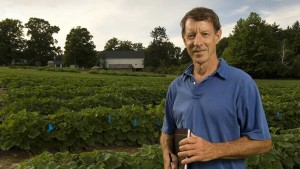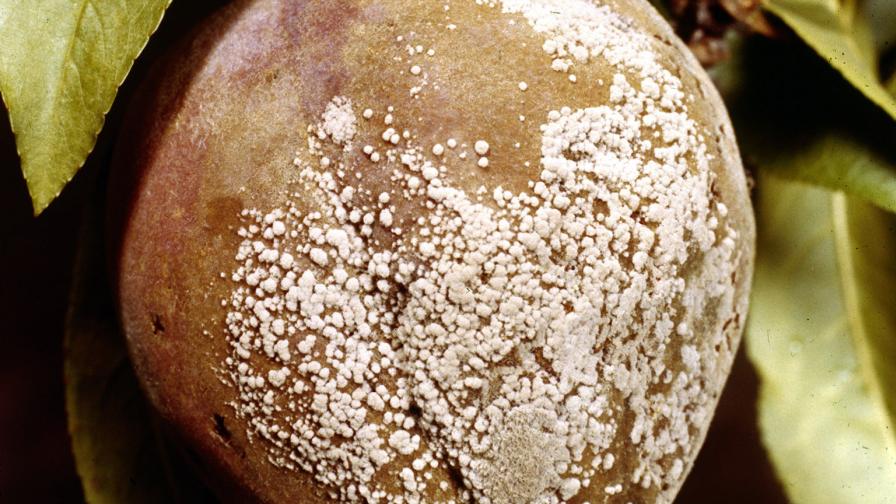Researcher Honored With Prestigious Vegetable Breeding Award
University of New Hampshire scientist’s work represents the longest squash, pumpkin breeding Program in North America.

J. Brent Loy, professor emeritus of plant biology and genetics and a researcher with the New Hampshire Agricultural Experiment Station, has been awarded the 2015 Vegetable Breeding Working Group Award of Excellence by the American Society of Horticultural Science. Photo courtesy of New Hampshire Agriucutural Experiment Station
Brent Loy, professor emeritus of plant biology and genetics, and a researcher with the New Hampshire Agricultural Experiment Station (NHAES), has been awarded the 2015 Vegetable Breeding Working Group Award of Excellence by the American Society of Horticultural Science.
Presented since 1992, the award recognizes breeding programs that have had a significant impact on the vegetable industry within the past 20 years by providing salient basic information and/or cultivar or germplasm releases.
Loy’s experiment station-funded work, which has largely taken place at the NHAES Kingman Farm and Macfarlane Research Greenhouses, has resulted in more than 60 new varieties of squash, pumpkins, gourds, and melons sold in seed catalogs throughout the world and represents the longest continuous squash and pumpkin breeding program in North America. Loy is responsible for 35% of the University of New Hampshire’s cumulative royalties earned since 1999. The university’s Innovator of the Year Award has been named after him since its creation.
“Dr. Loy is an exceptional member of a highly valued and valuable, but rapidly vanishing breed of agricultural plant breeders. He was an early adopter of a strategy to work closely with private seed companies to greatly increase access to germplasm and thereby accelerate his ability to develop and quickly market new, superior varieties of vegetables. This has proven to be a prolific approach, and his many varieties are widely available and used by farmers and gardeners worldwide,” said Jon Wraith, director of the New Hampshire Agricultural Experiment Station and dean of the University of New Hampshire College of Life Sciences and Agriculture.










